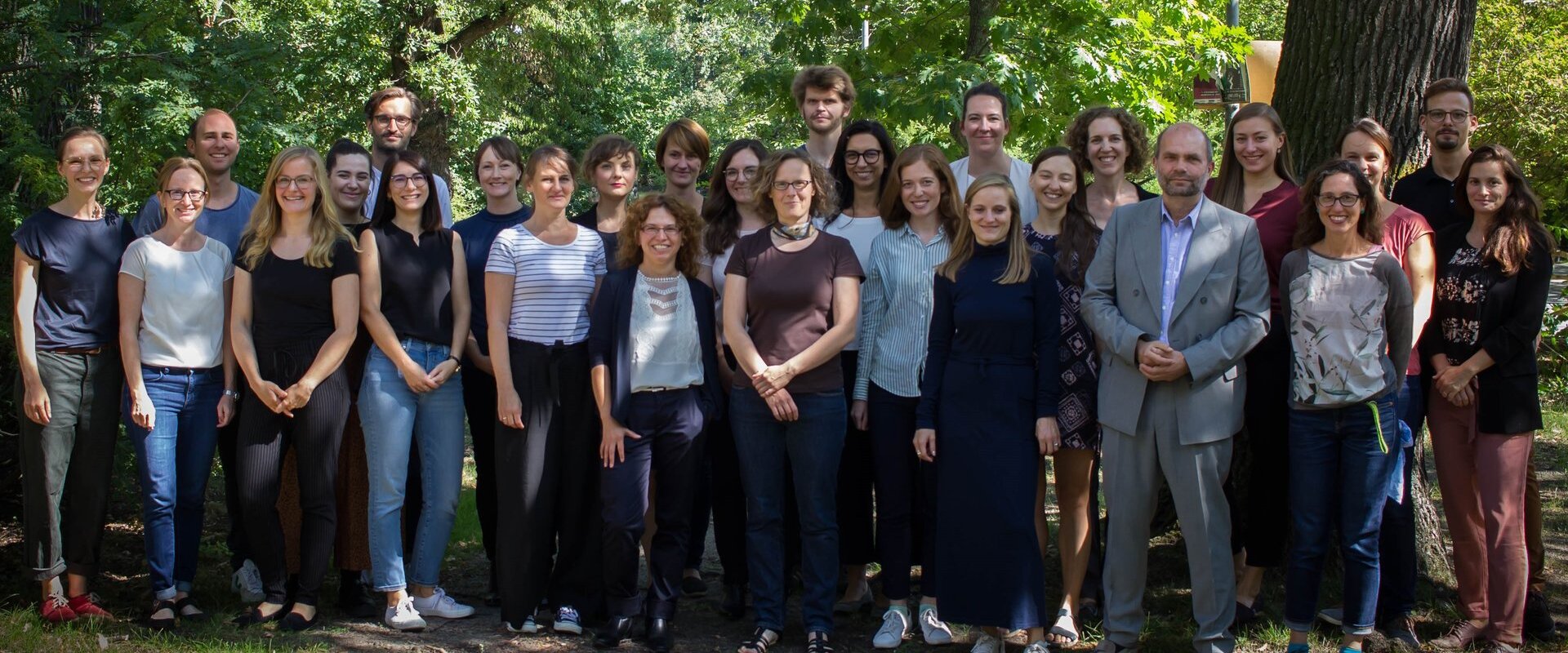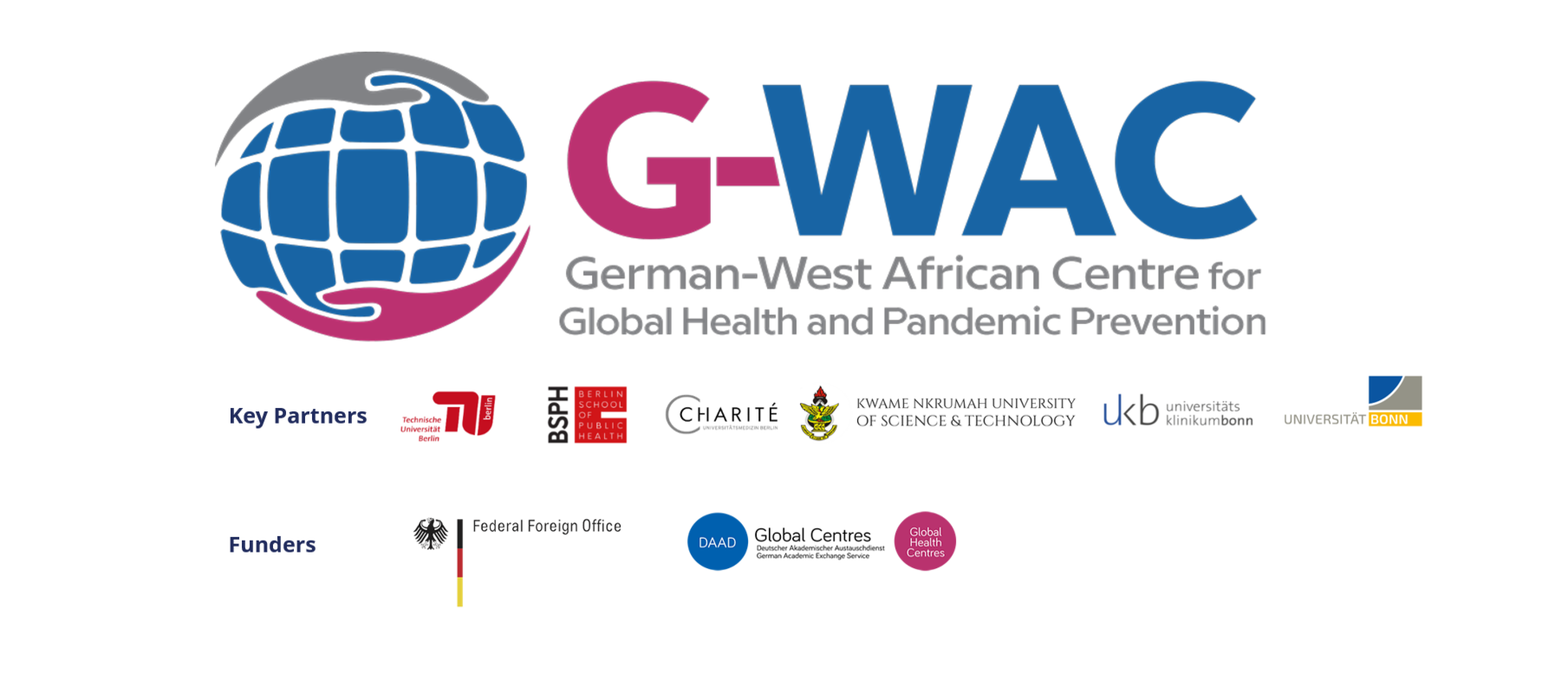Management im Gesundheitswesen
Management im Gesundheitswesen
 © Christian Kielmann
© Christian Kielmann
Fachgebiet Management im Gesundheitswesen
 © MiG
© MiG
Neuester Vortrag
Krankenhausreform: Warum? Was Würde sie bringen? Sind wir auf dem richtigen Kurs?
 © G-WAC
© G-WAC

Die BSPH
bündelt die Expertise der drei Einrichtungen: Alice Salomon Hochschule (ASH), Charité – Universitätsmedizin und Technischen Universität Berlin (TU)
Fachgebiet Management im Gesundheitswesen
Neuester Vortrag
G-WAC
Die BSPH
